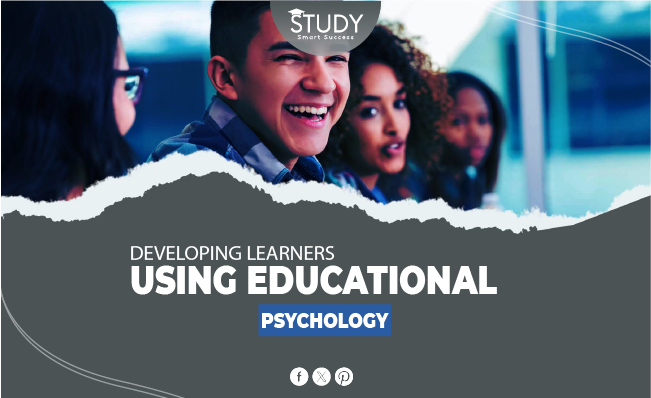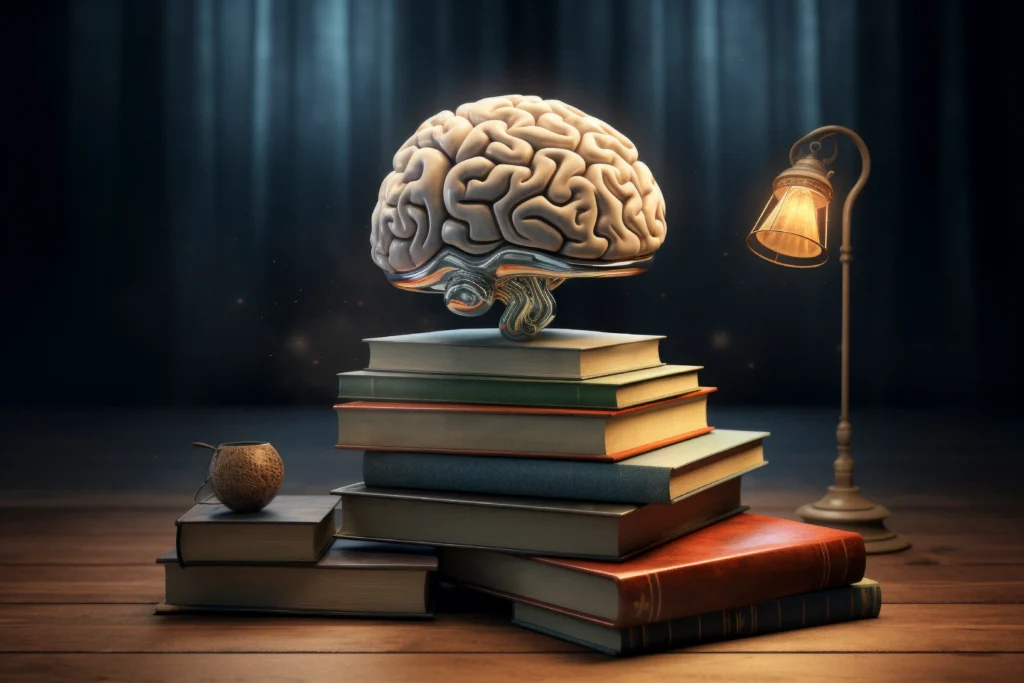The shifting education landscape requires a psychological understanding of learning. Educational psychology, which analyzes students’ mental and social development, is crucial. Together, educators, parents, and academic researchers create minds. This blog post explains how Educational Psychology Developing Learners helps students improve by analyzing their different responsibilities.
The Role of Educational Psychology in Learning Development
Educational psychology is mainly concerned with how people learn and the best ways to help them do so. Cognitive psychology utilizes psychology to explain how learners learn, what teaching approaches work, and how learning situations change.
Ensuring varied capacities are met suitably creates an open and adaptive learning environment.
Strategies to Support Learner Development
Educational psychology involves specific ways to help students at different stages. These techniques include informal evaluations and student learning. Differentiated instruction values students’ goals, skills, and interests. The strategy can boost motivation and interest. However, scaffolding helps kids acquire new concepts momentarily before deleting them as they improve.
Finally, formative testing lets instructors evaluate students’ understanding in real-time and adjust their teaching to match their needs better. Better psychology helps us create inclusive learning environments that help students achieve by satisfying their needs.
Key Theories in Educational Psychology
EducationCriticalpsychology is based on several basic ideas, each of which offers a different way of looking at how students learn:
- Cognitive Development Theory (Piaget): This theory focuses on the steps kids go through as they learn and how important it is for them to have hands-on experiences while learning.
- Social Learning Theory (Bandura): Bandura’s Social Learning Theory says that we learn by watching and copying what other people do. This shows how social relationships affect learning.
- Bloom’s Taxonomy: It is a way to organize educational goals and skills so that teachers can make learning goals that help students develop higher-order thought skills.
- Constructivism (Vygotsky): Vygotsky’s constructivism says people learn about the world by doing things and thinking about what they did. It discusses how culture and social contact help people understand each other better.
- Behaviorism (Skinner and Watson): Skinner and Watson’s behaviorism looks at behaviors that can be seen and how they are learned. It stresses how essential rewards and punishments are in changing behaviors.
Understanding these and other theories helps stakeholders tailor their approaches to better suit students’ learning styles and needs.
Strategies for Supporting Learner Development
There are many ways to help students grow and learn that come from studying educational psychology.
- Differentiated instruction: It means changing the way you teach, and that means changing how you teach and what you need. This method considers students’ different experiences and ways of learning in a school and tries to give every student a chance to succeed.
- Formative Assessment: Formative testing means giving kids regular, informal tests to see how well they are learning. This ongoing feedback can be very helpful for changing the way you teach to meet the constructive needs of your students.
- Growth mindset encouragement means teaching students to have a growth mindset by praising their hard work instead of their natural talent. This will help them be resilient and love learning.
- Collaborative learning means leading tasks for groups that help me learn how to get along with others and think critically. Learners can see things from different angles and gain a deeper understanding when they work together.
- Using metacognitive strategies means teaching students how to think about their beliefs. This requires them to think about how they learn and what they can do to improve their skills.
Nurturing Emotional and Social Development
Learning goes beyond brainpower. Social and emotional development are crucial for students. Educational psychology suggests that emotional compassion and good social skills are necessary for school success. Making classrooms mentally comfortable, where students feel accepted and appreciated, helps motivate and engage kids.
Integrating Technology in Education
Technology improves learning, and educational psychology knows it. Adding digital resources to traditional teaching methods can make learning more engaging. Interactive whiteboards, educational software, and online collaboration tools may personalize and simplify learning.
Addressing Learning Disabilities
Finding and helping students with disabilities is vital to educational psychology. It is essential to use strategies like Individualised Education Plans (IEPs) and unique ways of teaching. Ensuring students with learning disabilities don’t fall behind means stepping in early and giving them help regularly.
The Importance of Parental Involvement
Based on the educational psychology study, parental participation in school is very important for a child’s success. Parents who are involved in their child’s education by helping them learn at home and keeping in touch with teachers are suitable for their child’s mental and social growth.
The Future of Educational Psychology
In the future, educational psychology will continue to change as new studies find better ways to help students learn. Combining neuroscientific ideas with traditional teaching methods could open new ways to understand and help students grow. Balanced education, which encompasses academic and life skills, may also change schools.
Educational psychology is vital to making schools effective, inclusive, and adaptable to suit the needs of all children.
The Collaborative Role of Educators, Parents, and Psychologists
Developing students is a job that everyone should do. There are different jobs that teachers, parents, and educational experts can do to help with this:
- Every day, educators use the ideas of educational psychology to improve how they teach and students learn. Parents can help their kids learn at home by making the room an excellent place to learn and teaching them the values of persistence, drive, and interest.
- Educational psychologists work to connect theory and practice by doing studies to help us better understand how people learn and advising on the best ways to do things.
- I am getting the whole community involved in education, using community tools, and getting everyone involved in making a good learning setting. This method expands the learning process and connects what is learned to real-life situations.
- These people work in schools to ensure that technology is easily integrated into the lessons, improving teaching and learning. Their job is to keep up with digital changes and provide teachers, and kids can use technology well.
- Structured peer teaching meetings where students can teach and learn from each other are part of peer tutoring programs. This method builds community, boosts confidence, and supports what is being taught by teaching it.
Conclusion
Like a lighthouse, educational psychology helps students flourish by identifying their psychological needs and providing appropriate learning experiences. Teachers can help their students reach their full potential using techniques based on educational psychology. Parents and counselors help children grow and develop by ensuring the learning process is complete, includes everyone, and works well. The goal is to not only teach but also make every student not teach and their lives.
To meet the needs of teachers, parents, and experts who can work together to form well-rounded, creative, and resilient children, we must continue to study and use educational psychology.



